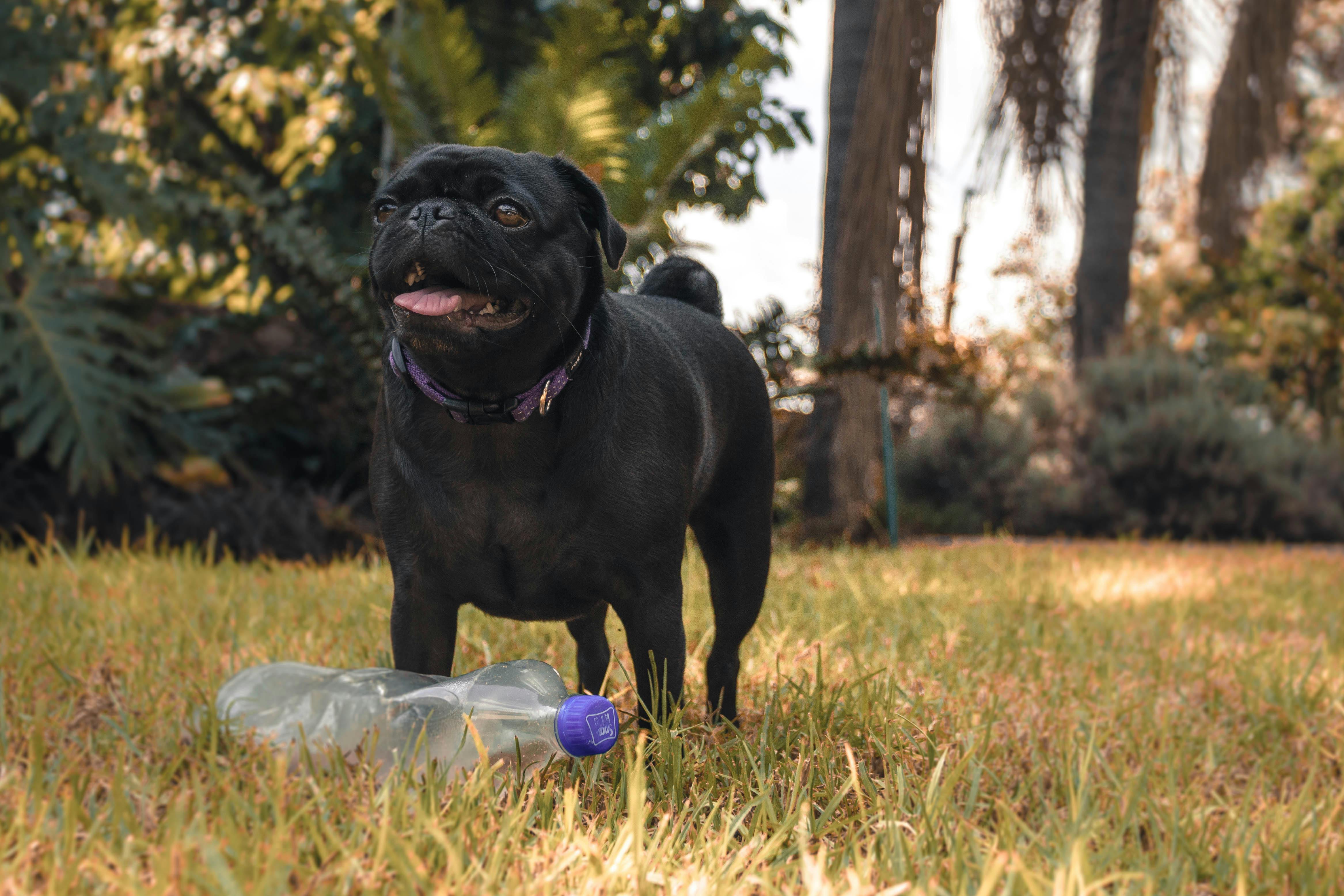
Raw dog food
The philosophy behind the use of BARF is that the diet that a dog or cat evolved to eat, over many millions of years of evolution, is the best way to feed it. If you want to feed your dog BARF, it means not feeding your dog cooked or processed food. That is, do not feed your dog a diet based on cooked cereals. Artificial grain-based dog foods are claimed to cause countless health problems.
A raw diet is believed to improve nutritional value. The intense heat used to process commercial pet food reduces the nutrients. Studies with rats showed that the digestibility of amino acids in cat food changes significantly by thermal processing. Taurine, an essential amino acid for cats, is reduced or eliminated in thermal processing. Pet food manufacturers must add taurine supplements to cat food, which Barf advocates say is generally unnecessary on a raw diet. Some raw feeders believe that the supplements have reduced nutritional value compared to the same nutrients in raw foods. Some raw diets, however, include supplements like fish oil, vitamin C, and apple cider vinegar, among others.
To quote the UK Barf Club (which appears to be industry sponsored by Natures Menu, so not necessarily unbiased!) ‘Dogs and cats in the wild lived on whole corpses, including internal organs and stomach contents that usually contains ground, partially digested vegetation that contains essential nutrients …. A BARF feeding diet is the closest to nature that we can get with the right combination for your pets to live a happier and healthier life. ‘
Dr. Billinghurst himself has written ‘”BARF is about properly feeding dogs. The goal of BARF is to maximize the health, longevity and reproductive capacity of dogs and, in doing so, minimize the need for veterinary intervention. How to properly feed a dog? You feed it the diet that evolved to eat … Artificial grain-based dog foods cause countless health problems. They are not what your dog was programmed to eat during its long process of evolution. A biologically appropriate diet for a dog is one that consists of raw whole foods similar to those eaten by wild ancestors of dogs. The foods should contain the same balance and type of ingredients as those consumed by those ancestors These foods will include things like muscle meat, bone, fat, organ meat and plant materials and any other foods that mimic what they ate those wild ancestors. “
A pet on a Barf diet will eat as varied a raw diet as possible, with lots of raw meaty bones, for example chicken wings, chicken necks, rabbit, oxtail, minced meat, lamb thighs, eggs and their shells, liver, heart, fish, yogurt, vegetables (pulped), fruit, garlic, etc.
Health benefits are claimed for this type of diet:
- Reduction of dog odor.
- Clean teeth naturally, no need for toothbrushes, descaling work, helps prevent gum disease.
- The time it takes for a dog to chew on raw meaty bones gives the stomach time for acids to move.
- Produces firmer stools with reduced quantity.
- May reduce vet bills (healthier dogs)
- Economical to feed compared to commercial dog food.
- It reflects what nature intended them to eat in the wild.
- Puppies develop at a more suitable rate and fast-growing shoots are avoided. A GOOD breeder will want to stop the rapid growth of any puppy.
- The ripping and chewing that involves eating raw meaty bones builds the muscles in a dog’s jaw, neck, and shoulders.
- Better weight control that helps reduce the symptoms of arthritis and obesity.
There are plenty of tips on the web about feeding puppies, kittens, and adult pets a raw food diet (a Google search for BARF returned 4 million references) if this is something you are interested in.
However, it would appear that neither the American Veterinary Association nor the British Veterinary Association endorses the health benefits of raw foods. Both organizations warn that animals fed raw meat are at risk for foodborne illness. The BVA states that “there is no scientific evidence base to support eating raw meat and bones” and warns humans that they are at risk of exposure to bacteria such as salmonella. “
There is also the concern of providing a complete diet by eating this way. Commercial diets contain vitamin and mineral supplements to ensure they are provided in the correct amounts; a raw diet is more complicated in this regard and human vitamin supplements are not appropriate for dogs.
Veterinarian John Burns has written a critique of the BARF diet and ends with this comment: “I suspect that any claimed success for the raw food system is due to a much more mundane explanation than its grandiose but flawed philosophy. This is that any benefit is due to avoiding ingredients that cause food intolerance.
My main criticism of the BARF philosophy is its self-righteousness.
BARFism proposes a flawed theory with a certainty that can be compared to religious fundamentalism; does not tolerate dissent. He advocates a system that is not practical and does not fit well into the lifestyle of today’s society, denying the possibility of alternatives, thus condemning most pet owners to feelings of inadequacy for not following his teachings. ‘








